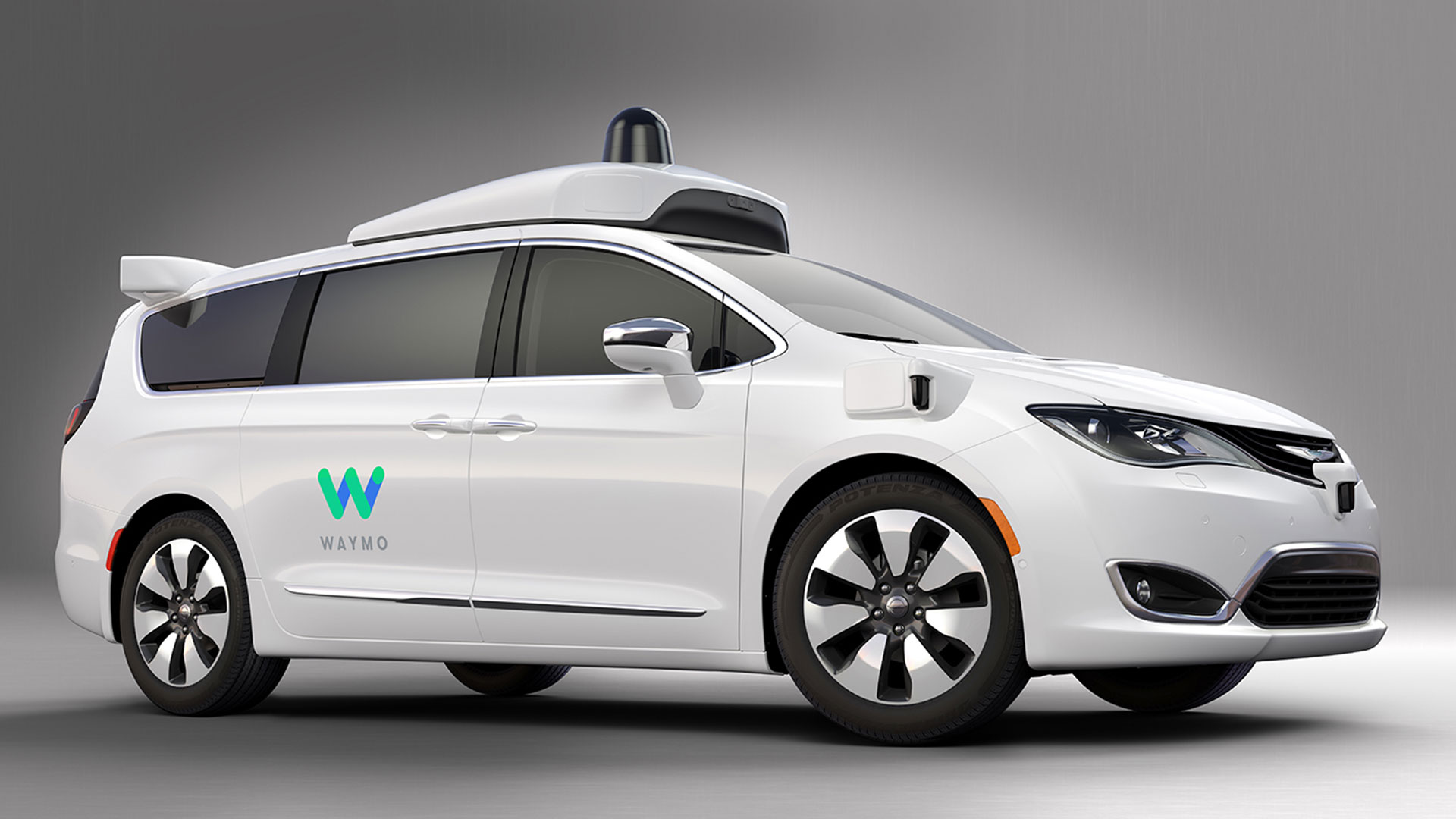

Companies certified to test self-driving cars on California public roads submitted “disengagement reports” to the California Department of Motor Vehicles yesterday, detailing how often test cars disengaged from autonomous mode. Waymo’s self-driving cars drove the farthest without any human intervention, according to Reuters.
Waymo autonomous cars drove 352,545 miles in California between December 2016 and November 2017, and disengaged from autonomous mode 63 times, according to the company’s report. That works out to 5,596 miles between disengagements. General Motors’ Cruise Automation division went the second longest without human intervention, at 1,214 miles. Cruise autonomous cars drove 127,516 miles, with 105 disengagements.
Nissan had the third-lowest rate of disengagements, although its test cars covered much less mileage than their Waymo and Cruise counterparts. Self-driving cars form the Japanese automaker covered a total of 5,007 miles and had 24 disengagements, for an average of 208 miles per disengagement.
Other companies didn’t fare as well. Chinese tech giant Baidu had an average disengagement rate of 41 miles, Nvidia, which is pumping up its autonomous-car computer chip business, averaged 4.6 miles, and Mercedes-Benz self-driving cars required human intervention every 1.3 miles on average. Uber wasn’t required to submit a report because it didn’t receive its California testing permit until May 2017. It tried testing in the state without a permit prior to that, made a big show of moving its cars to Arizona when California’s DMV cried foul, but eventually complied with the California rules.
BMW, Ford, Honda, Tesla, and Volkswagen are all certified to test self-driving cars in California but said they did not conduct any testing on public roads during the period covered by the reports. These companies may have conducted testing on closed courses, or at locations outside California.
The latest round of disengagement reports shows that self-driving cars can operate with only occasional human intervention, but that may not be good enough. The public is still uneasy about autonomous cars, and it’s unclear if the average person would be able to take back control of a self-driving car when needed. There is a push to accelerate the deployment of autonomous cars, largely due to anticipated safety benefits, but the technology shouldn’t be rushed into production before it is truly ready.